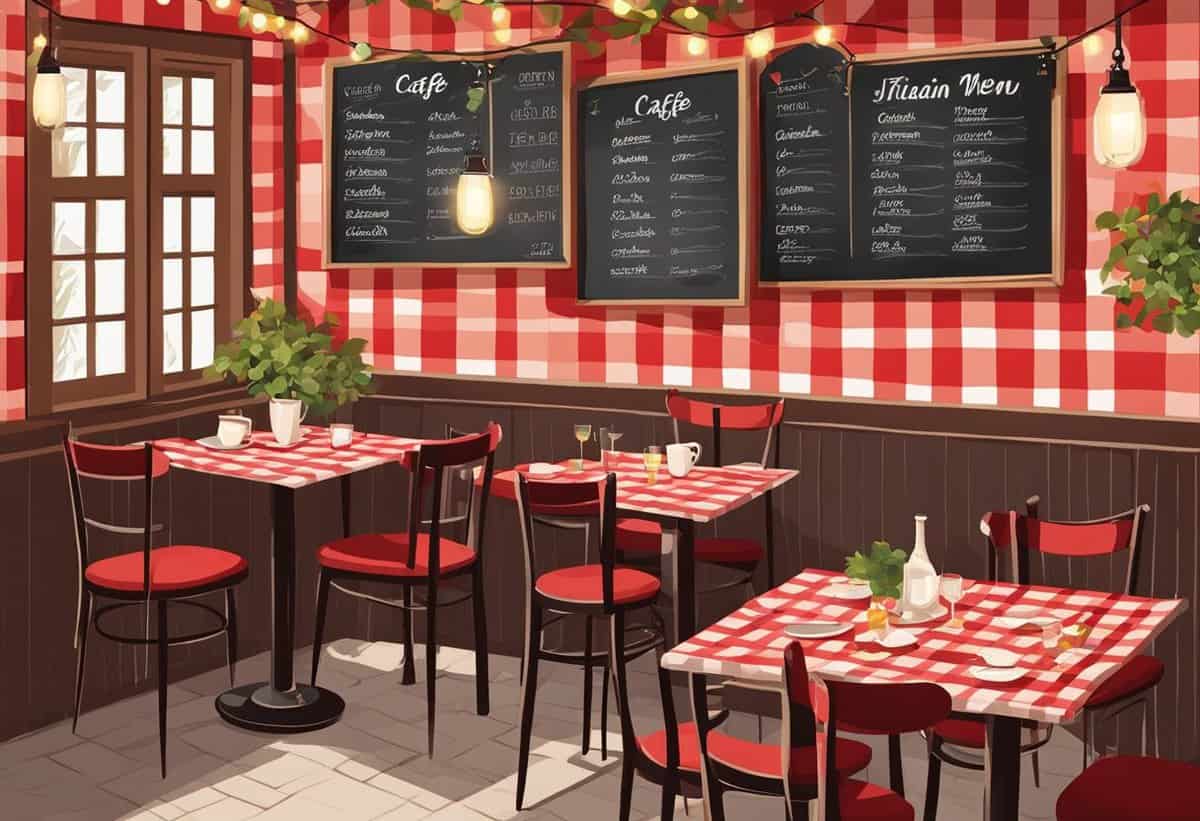Italian Quotes: A Friendly Guide to Inspiring Sayings
Learning the Italian language offers more than just an understanding of its grammar and vocabulary; it opens a window into the heart and soul of Italian culture. Italian quotes reveal unique glimpses of a people’s values, beliefs, and way of life. By exploring these beautiful Italian quotes, you can develop a deeper appreciation for the richness and wisdom that is embedded in Italian heritage and thought.

From timeless proverbs to thought-provoking aphorisms, Italy’s most famous quotes span a range of topics such as success, life, love, family, and food. Including these quotes in your studies not only enhances your language skills but allows you to see the world through the eyes of some of history’s most celebrated Italian figures. So go ahead and dive into Italy’s treasure trove of words and wisdom, and allow your language learning journey to flourish within the vibrant landscape of Italian culture.
Understanding Italian Culture and Language

The Beauty of Italian Proverbs
Italian proverbs capture the essence of Italian culture and language through simple yet poignant expressions. Chi va piano, va sano e va lontano (the one who goes slowly, goes healthily, and goes far), for example, emphasizes the importance of patience and moderation in everyday life.
Italian Quotes and Their Meanings
- L’amore vince tutto (Love conquers all): This quote highlights the significance of love in Italian culture, whether it’s for family or life partners.
- Chi trova un amico, trova un tesoro (One who finds a friend, finds a treasure): This saying emphasizes the importance of friendship and interpersonal connections.
- La dolce vita (The sweet life): This popular quote inspires people to seek out life’s pleasures and live with zest, embodying the Italian spirit.
Significance of Italian Sayings
Many Italian quotes, sayings, and proverbs were inspired by popular figures such as Dante, Leonardo da Vinci, and Galileo Galilei, who left a lasting impact on philosophy, history, and the depth of Italian thought. Additionally, Italian sayings reveal nuggets of wisdom that can enhance our understanding of life, love, and family. Regardless of your background, embracing these Italian quotes may enrich your connection to the captivating charm of Italian culture and language.
Learning and Embracing the Italian Language

The Italian language is a beautiful and rich language that can be both challenging and rewarding to learn.
Getting Started with Italian
- Choose a method: To begin learning Italian, you need to choose a method that works best for you, such as taking a course, hiring an Italian language tutor, or using language learning apps.
- Lesson 1: Start with Lesson 1 of your chosen method to familiarize yourself with the Italian alphabet, basic vocabulary, and essential phrases.
- Practice listening: Improve your comprehension skills by listening to Italian speakers, whether through podcasts, videos, or conversations with native speakers.
Improving Your Italian Speaking Skills
- Speak often: One of the best ways to improve your Italian speaking skills is to practice speaking as much as possible, either with native speakers or other learners.
- Mimicking: Mimicking native speakers can help you improve your accent and pronunciation.
- Expand your vocabulary: Incorporate new words and phrases into your daily conversations to continually advance your Italian language knowledge.
By devoting time and effort to learning the Italian language, you can immerse yourself in the beauty and richness of Italian quotes and proverbs, gaining a deeper appreciation for the culture and the language itself.
Italian Lifestyle and Expression

Italian Art of Living
The Italian lifestyle is deeply connected to art, family ties, and an innate appreciation for the beauty in everyday life. The phrase “vivere e lasciare vivere” captures this ideal, meaning “live and let live”.
- “La vita è breve, l’arte è lunga” – Life is short, art is long.
- “Il bel far niente” – The beauty of doing nothing.
Food and Wine in Italian Life
Italian culture places significant importance on food and wine. The saying “mangiare”, which means “to eat”, is a cornerstone of Italian life.
- “Anni e bicchieri di vino non si contano mai” – Age and glasses of wine should never be counted.
- “Nella vita bisogna rallegrarsi” – In life, we must rejoice with a good meal.
Italian Phrases in Daily Use
Here are common Italian phrases that reflect the values and spirit of the Italian lifestyle, emphasizing the importance of community and family connections:
- “In famiglia, si mangia insieme” – In a family, we eat together.
- “Lo stesso sangue, la stessa forza” – The same blood, the same strength.
By embracing these phrases and incorporating them into your daily life, you can enjoy the rich flavor of Italian culture and the art of living.
Connecting with Italian People

Family and Friendship in Italian Context
In Italian culture, family and friendship hold great importance. Following are some Italian quotes that celebrate these strong relationships.
-
Buono come il pane “Good as bread” describes a person with honest and good qualities, similar to the simplicity of bread.
-
For hope, Italians would say l’importante è crederci which means “the important thing is to believe” (source not found).
Navigating Social Situations with Italian Idioms
Italian idioms can help you understand common social situations better. Here are some idioms related to strength, courage, and social relationships:
-
Dire pane al pane e vino al vino translates to “Say bread to bread, wine to wine” and emphasizes speaking directly without avoiding the subject, similar to the English saying “to call a spade a spade.”
-
Chi trova un amico, trova un tesoro (“He who finds a friend, finds a treasure“) highlights the importance of friendship.
-
Non si invecchia mai a tavola is a delightful idiom that means “You never grow old at the table” and underlines the importance of family gatherings during meals.
Remember, when you connect with Italian people, using these proverbs and idioms shows your appreciation and understanding of their rich culture.








Share This
Share this post with your friends!